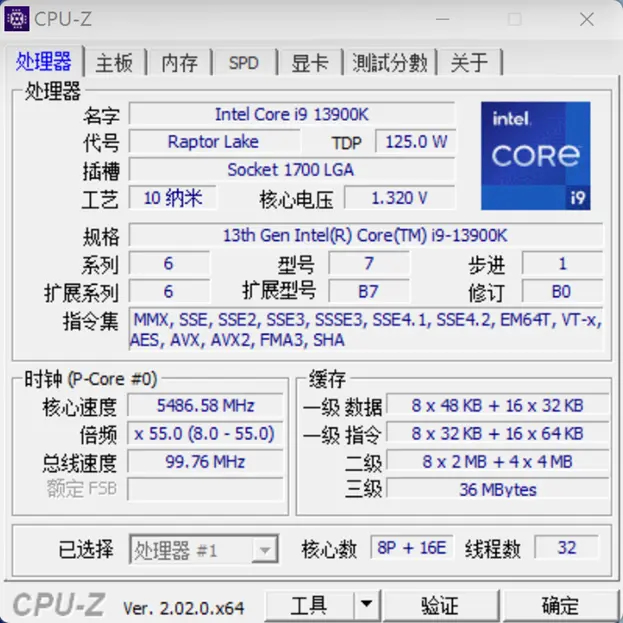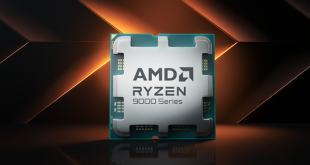The Intel Core i9-13900K hasn't yet been announced, but a reviewer in China has already shared a comprehensive set of test results from an early sample. Many gaming benchmarks were included in these tests, showing the Core i9-13900K outperforming its predecessor by +10% in specific cases.
The review comes from ECSM_Official (via VideoCardz). The whole review is based on comparing the Core i9-12900K and the Core i9-13900K running with “unlimited power”. Performance figures were gathered using DDR4 (DDR4-3600 CL17-19-19-39) and DDR5 (DDR5-6000 CL30-38-38-76) memory. The Core i9-12900K system was running an ASRock Z690 Taichi Razer Edition (12.01 BIOS), while the other used an undisclosed Z790 board. Both CPUs were cooled using an NZXT Kraken X73. For graphics, the reviewer used an overclocked AMD Radeon RX 6900 XTXH.

Image credit: ECSM_Official
Jumping straight into the benchmark results, we see the Core i9-13900K is over 40% faster in multi-threaded workloads, including Cinebench (multiple versions), CPU-Z, Winrar, 7z, and SuperPI. The new P-cores used on the Raptor Lake flagship also showed to be quite capable, outperforming 12th Gen's P-cores by 13%. The E-cores performed similarly when using DDR4 memory, but became 6% faster while using DDR5 memory.
As far as games go, CPU-bound titles like CS:GO and Ashes of the Singularity show that the Core i9-13900K performs 10% higher than the 12900K at 1080p. Those performance gains become less noticeable at 1440p.
At stock settings, the reviewer concluded that the Raptor Lake chip could push up to 253W of power (PL2). Once the power limit was removed, maximum power consumption increased to 343W (1.4V). With these settings, the eight P-cores were pushed to 5.5GHz, while the 16 E-cores peaked at 4.3GHz.
Intel is expected to announce its 13th Gen Core desktop processors at Intel Innovation on the 27th of September.
KitGuru says: Do you think a +10% performance boost in specific games is enough to justify an upgrade from a Core i9-12900K to an i9-13900K? Were you expecting a more significant performance leap between the two chips?
 KitGuru KitGuru.net – Tech News | Hardware News | Hardware Reviews | IOS | Mobile | Gaming | Graphics Cards
KitGuru KitGuru.net – Tech News | Hardware News | Hardware Reviews | IOS | Mobile | Gaming | Graphics Cards


